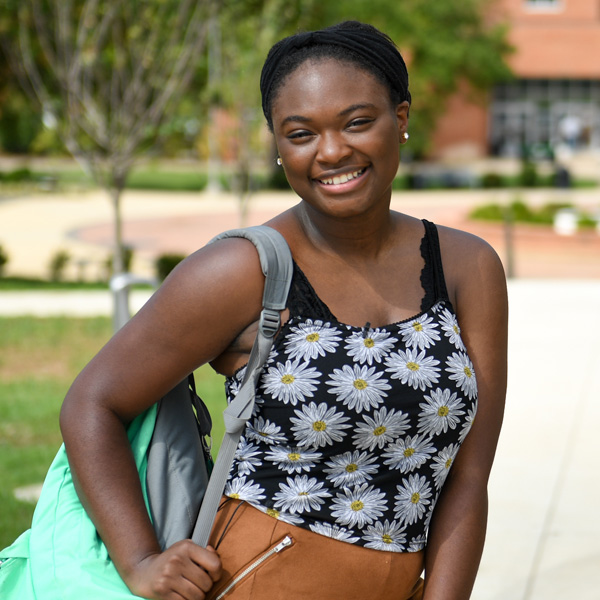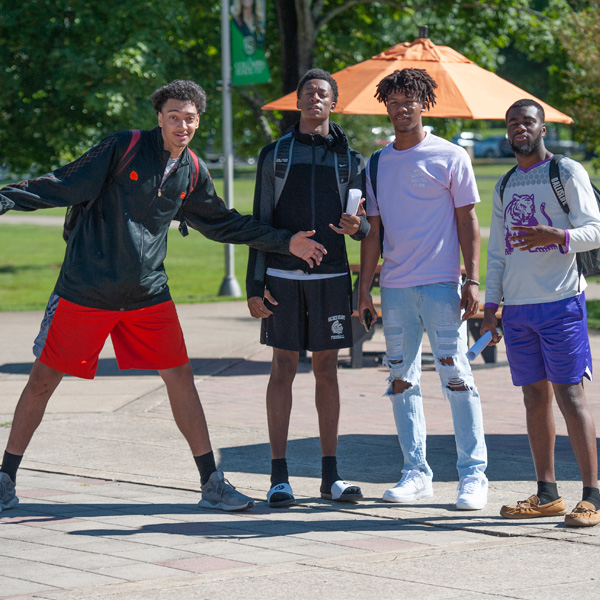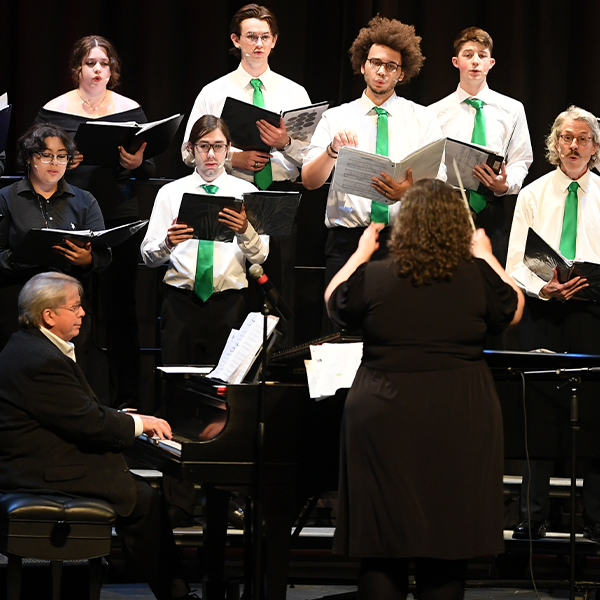Copyright at Columbia State
from the Columbia State Community College Policies and Procedures Manual
Policy No. 07:08:00 -- Use of Copyrighted Materials:
"The college recognizes and respects the exclusive copyright of artists, designers, composers, photographers, and all others who originate artistic or intellectual materials . . . The college prohibits copying not specifically allowed by the law, the fair use guidelines, license agreement, or the permission of the copyright holder."
What is copyright?
United States copyright law is designed to serve two purposes. One is to act as an incentive to create. The other is to advance knowledge. Copyright is to balance the right of the creator and the needs of the public. This doesn't mean that any use of a copyrighted work in an academic setting is legal use. However, there are some exemptions to copyright which cover many of the typical educational uses.
Exemptions to copyright in education
Copyright exemptions (those uses that are “excused” from infringement in specific situations) fall into two categories. The first are exemptions to specific rights such as:
§110 limitation on the right of public performance and display (non-profit, educational institutions can perform or display some works in physical and electronic courses)
The second category of exemptions is §107 Fair Use.
Fair Use
Fair use can potentially apply to any use of a copyright and is based on four factors, which must be considered on a case-by-case basis:
- the purpose of the use
- the nature of the publication
- the amount or substantiality of the whole used
- the effect on the market for the work
See also Purdue University's Fair Use Analysis and the Explanation of the Four Fair Use factors.
Digital Copyright and Education
The Digital Millennium Copyright Act (DMCA) addresses some of the issues unique to digital copyright. It includes such requirements as using only lawfully acquired copies of copyrighted works and applying measures to protect against unauthorized access (such as putting links to electronic documents on an Online Campus page, rather than an open website.)
The Technology, Education, and Copyright Harmonization (TEACH) Act tries to balance the needs of both copyright owners and content users, It give direction to educators at accredited, non-profit educational institutions in the use of copyrighted materials in online distance learning, whether on or off campus.
Some additional considerations under the TEACH act:
- All materials used must be lawfully made and acquired.
- The use of the copyrighted materials is to be within the boundaries of “mediated instructional activities”.
- Non-dramatic works may be used in their entirety but the use of all other works is restricted to sections of the work (unless the content of the entire work is essential to the course).
- The digital transmission is, to the extent technologically feasible, limited to enrolled students.
- Material should not be kept in accessible form after that class session is over.
- All steps should be taken to prevent unauthorized sharing of the work with others.
See also:
University of Texas System's The TEACH Act
Obtaining copyright permission
When using the work of others you need to determine if copyright permission is required. Some situations in which you may need to obtain copyright permission include:
- The showing of a video or DVD.
- The posting of content on the ChargerNet Online Campus system.
- The photocopying of print materials or graphics for classroom use or library reserve (including e-reserve).
- The inclusion of published content in a dissertation or journal article.
There are two ways to obtain copyright permission – from the holder, or through the Copyright Clearance Center.
- Directly from the Copyright Holder
Don't wait until August or January to request copyright permission from the holder. It can be weeks or months before you locate the holder and receive a reply.
- Through the Copyright Clearance Center
An alternative to obtaining copyright permissions from the holder is to use the Copyright Clearance Center.
For more Information:
TBR's Copyright Issues in Distance Education
Columbia University Copyright Advisory Office
Copyright on Campus
Purdue University Copyright Office
University of South Carolina Beaufort Copyright and Fair Use Information
CETUS: Consortium for Educational Technology in University Systems Fair Use of Copyrighted Works
updated 12/12 by kb







